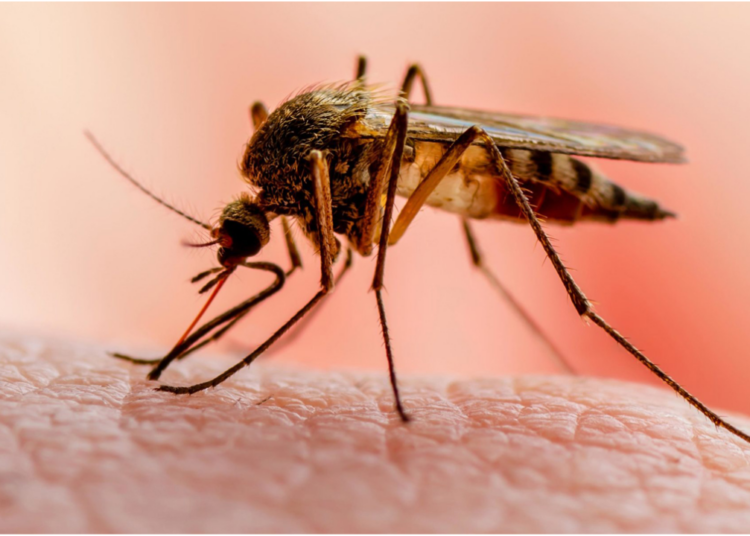State programme manager of Malaria Consortium, Okwulu Andrew, has disclosed that 40,678 confirmed Malaria cases in children under five years were recorded in Kogi State in 2024..
Okwulu, who disclosed this yesterday during the 2025 Seasonal Malaria Chemoprevention (SMC) media parley in Lokoja, noted that of the figure, 683 were severe cases leading to hospitalisation, with 12 deaths recorded.
According to him, the main objective of the media parley is to sensitise media practitioners on the need to carry out aggressive media campaigns on the activities of Malaria Consortium, which deals with children under 03- 59 months.
He noted that this category of children is the most vulnerable, hence the concentration on prevention, control, and treatment of malaria and other communicable diseases, particularly among children under five.
“Malaria Consortium is a leading international non-profit organisation specialising in the prevention, control, and treatment of malaria and other communicable diseases, particularly among children under five. Established in 2003, it operates in Africa and Asia, working with governments and partners to strengthen health service delivery.
In his welcome address, the programme manager of the Kogi State Malaria Elimination Programme (SMEP), Pharm. Rabiu Salihu Muhammed noted that the media parley will help influence public perception and create awareness about key indicators of seasonal malaria chemotherapy (SMC).
He appealed to media practitioners to form synergy with the malaria consortium, to ensure that healthcare givers carry out their duties to the best of their abilities.
He noted that some of the problems sometimes encountered in the course of implementing the programme include security concerns and flooding in hard-to-reach areas.
Speaking also, Orimodu Matthew, ACSM/SBCC Specialist, State Malaria Elimination Programme, Ministry of Health, noted that, as good as this project may look, there are some challenges impeding its smooth implementation, calling on all participants to be part of finding solutions to these challenges.
He listed these challenges as including funding and resource mobilisation constraints, logistics and supply chain management Implementation, human resources training and deployment of community health workers, and community acceptance.
Others are adherence to implementation reminders, drug resistance control, non-integration with existing health systems, problems associated with monitoring and evaluation, geographic accessibility, political instability, drug stockouts, and training and capacity building.
He said that funding from international organisations, governments, and private donors and exploring public-private partnerships are needed to mitigate these challenges. He added that a robust supply chain management system and leveraging technology for tracking, monitoring, and partnering with logistics experts will also help.
He noted that for effective implementation, the consortium must leverage existing healthcare infrastructure, provide incentives for healthcare workers, and conduct community sensitisation and education campaigns, engaging local leaders and influencers to enhance community acceptance. He said that the media has a big role to play in this regard.
He said that by addressing these challenges and implementing these solutions, SMC programmes can be more effective in preventing malaria and reducing the disease’s burden.
Dr Salamatu Yahaya, state team lead of FHCI, Maryam Edmond, Community System Strengthening manager of Famkris Health Care Initiative, and other speakers at the parley called for effective collaboration and supervision to achieve the project’s overall objectives.





